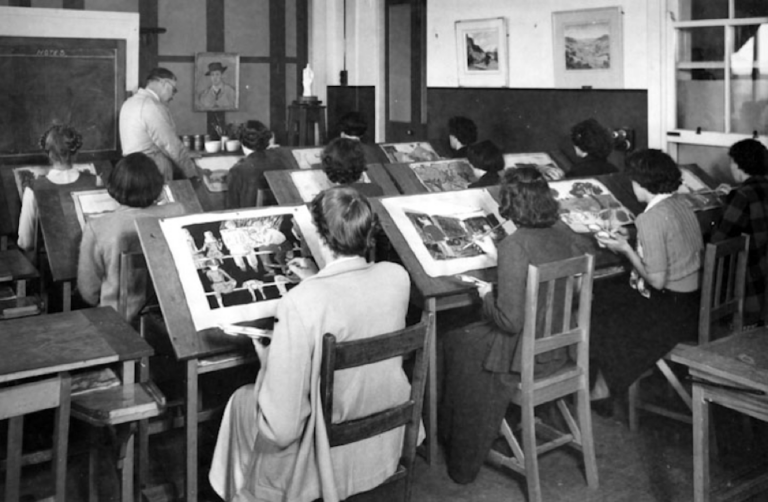Deck the Halls–Merrily but Warily
In literature, scenes of decoration are charged with dramatic potential. In leaving their marks on spaces in this exaggerated way, characters show themselves to us.
Please note that orders placed between February 1-February 17 will not be shipped until February 17. Thank you for your patience.

In literature, scenes of decoration are charged with dramatic potential. In leaving their marks on spaces in this exaggerated way, characters show themselves to us.

I’ve long been a well-behaved person, and as an adult I have come to suspect that this isn’t one of my more admirable traits. This suspicion, I think, is part of what draws me so intensely to Jim Shepard’s wonderful heartbreak of a story “The Zero-Meter Diving Team.”

I recently devoured Samantha Hunt’s “A Love Story,” which was in the New Yorker back in May. I loved every moment of that astonishing story, but there was one that made me laugh/sob in that way that lets you know you’re reading something you won’t be forgetting soon.

I had been trying to get my 4-year-old daughter to put her face in the water at the pool for two years before she just suddenly did it one day—one night, really, near the end of this summer, the light dying, the rest of us standing poolside with our shoes on and our bags packed telling her come on, get out, time to go home.

Image, character, language are static, dead things until plot gets a hold of them and makes them move. The more I write, the more I pay attention when I read, the more I understand that I love characters and words and pictures because of the way plot animates them.

By nature an impatient person, I have found that the two states I’ve always wanted most for my life—writerhood and motherhood—can demand more than I comfortably have in reserve.

In literature, a return to a previously inhabited place or state often becomes a means of measuring. Here we are, back in the same place, yet not quite the same. What has changed, and what hasn’t, and what does that balance of sameness and difference do to us?

As people who will die someday, and whose loved ones will die someday, we all live with at least one large dark truth from which we often try to avert our gazes. This tension—knowing a thing, but living as far away from that knowledge as possible—surfaces in literature too.

When stories transport me, they usually do it inside a character’s body, and the farther afield the story is taking me, the more important the physical details of the characters’ experiences become.
No products in the cart.